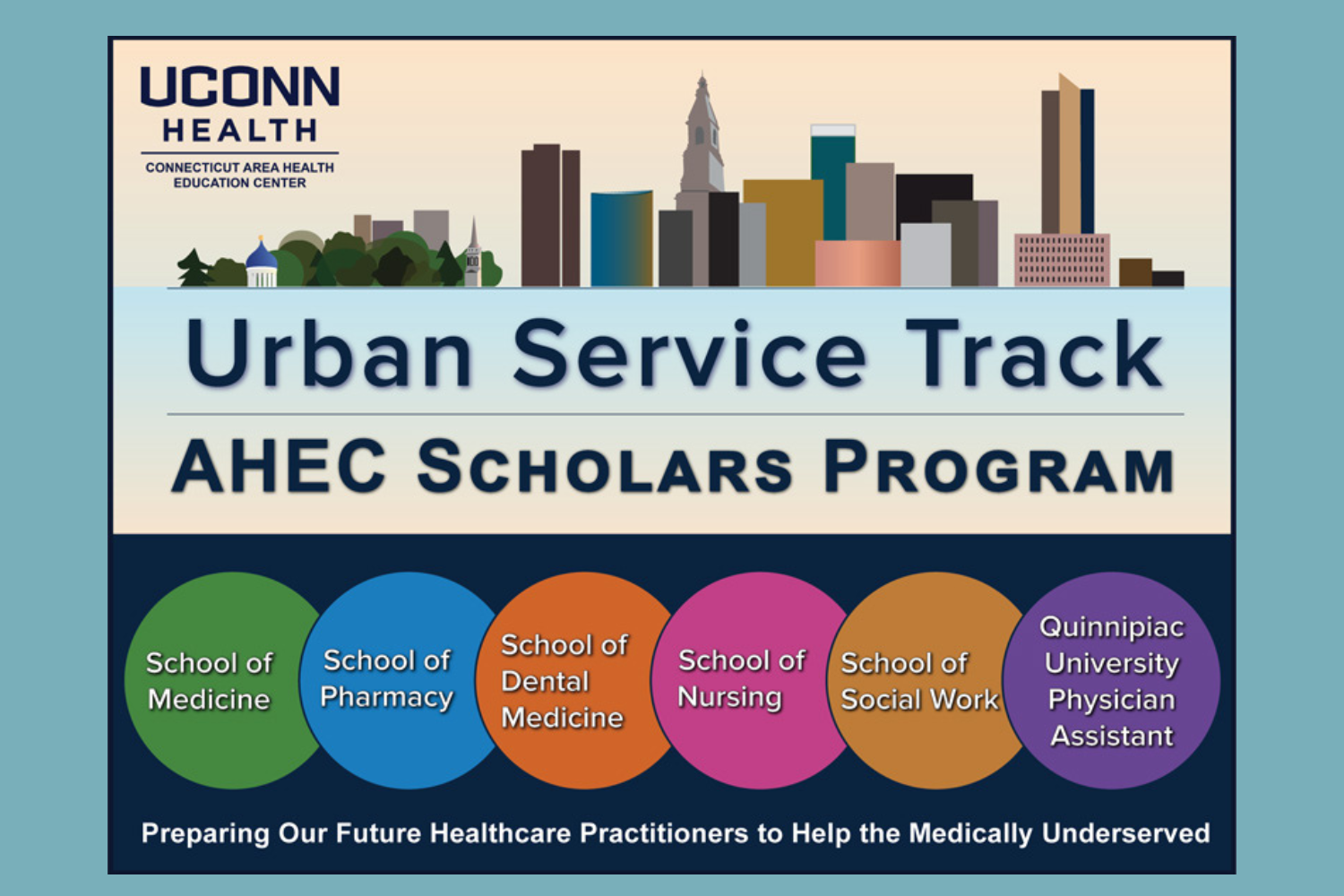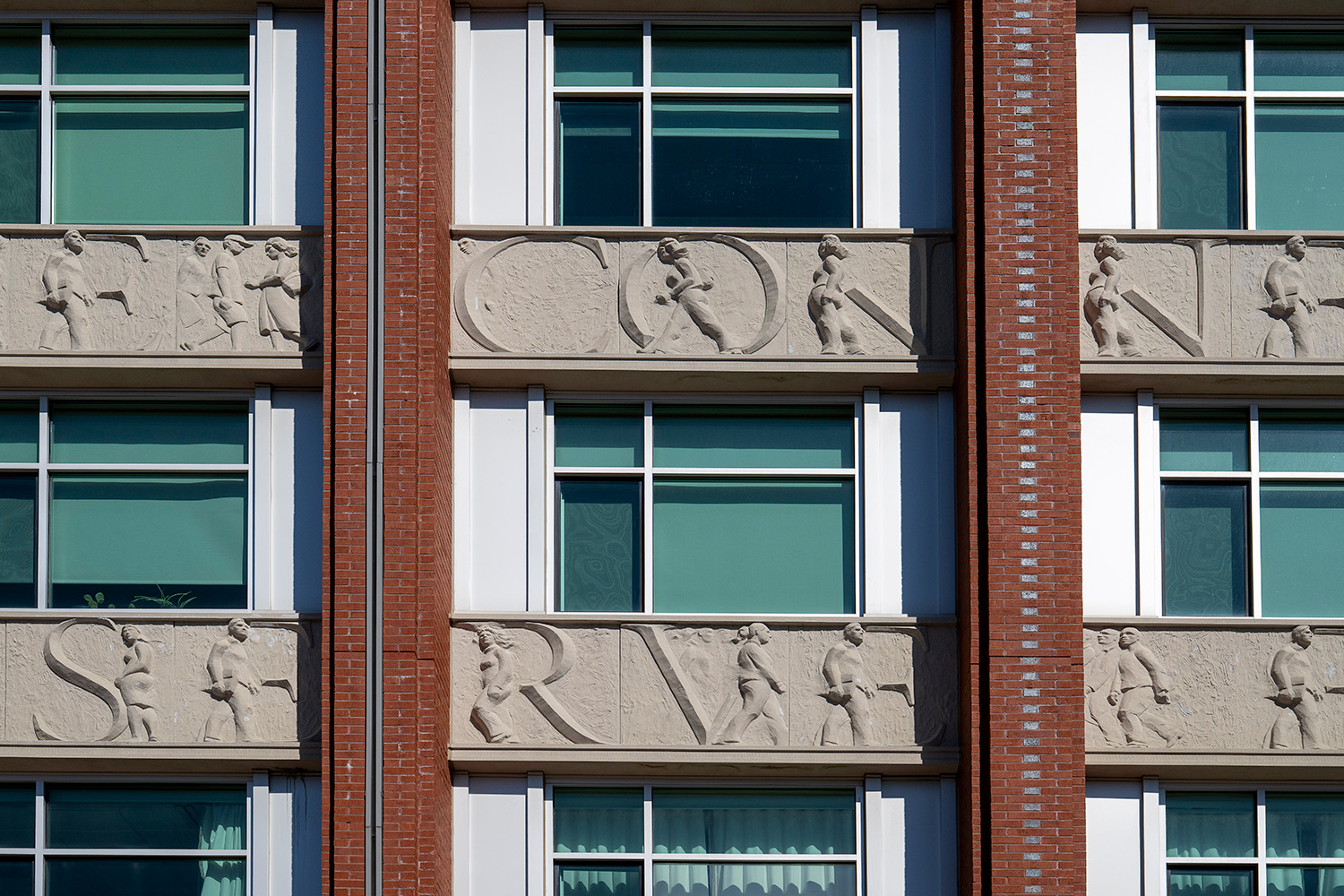This year, the three-day period commonly known as “Spring Weekend” at UConn will be significantly different from any recent, previous year.
Last April, during Spring Weekend, a UConn student, Jafar Karzoun, was assaulted off campus. He died from his injuries days later. A non-student has been charged in Jafar’s death. The memory of this tragedy and the sense of its implications have not diminished in the year that has passed.
The University of Connecticut, as an institution, in no way organizes, supports, or condones Spring Weekend. Since its earliest incarnation in the 1960s, it has grown from a comparatively calm, student-based tradition to what it is today: unwieldy gatherings that have the potential to become destructive or dangerous and are poisoned, in large part, by individuals with no connection to UConn.
In the days after Karzoun’s death, a task force was convened by then-President Hogan to recommend ways to deescalate Spring Weekend. The task force’s recommendations were accepted and will be implemented this year. They are the following:
- The UConn Police department, as well as Connecticut State Police, will block certain roads, parking lots, and pathways on and around campus. Police will be limiting outside access to campus and its parking lots. Non-students should not travel to Storrs during this time.
- The University and Police are working closely with the management of the Carriage House and Celeron Square complexes. Access to these areas may be restricted or regulated.
- Guests are barred from residence halls from April 21 to April 24. Dining halls will not allow non-students to enter. RAs and other Residential Life staff will enforce this. Students who violate this temporary restriction by having guests will be subject to disciplinary action.
- No student-related University events are scheduled for this period.
- The University has called for a voluntary moratorium. Students are urged to return home for the weekend, as many will be doing anyway if they are celebrating Easter with their families.
The Graduate Student Senate as well as the University Senate provided full support for the goals of the task force. UConn’s Undergraduate Student Government has given its support for many, though not all, of these recommendations.
Many outside the University have asked why UConn doesn’t simply “cancel” the event. The truth is that if it were possible for UConn to do this, we would have done so many, many years ago. In the past, the University organized dry on-campus events in an effort to compete with alcohol-fueled off-campus gatherings. This effort was never successful. Many students simply participated in both, and non-students came to Mansfield specifically to attend the off-campus gatherings.
Spring Weekend is a deeply unfortunate, unwanted tradition that increasingly attracts people with no connection to UConn – and little to lose. It puts students, our campus, and the town at risk and, as we have seen, can have tragic consequences. It needs to deescalate and eventually end for good.
The task force’s report concluded with the following:
“We are aware that despite the risks and possible consequences, there are many UConn students who see Spring Weekend as an entitlement. There is undoubtedly a perception that the University’s efforts to significantly limit and curtail Spring Weekend represent an effort to unfairly erode the enjoyment some associate with it.
“All involved should understand that the University’s first and greatest concern is the safety of our students and the sanctity of our campus and the surrounding community. Spring Weekend has without question become a magnet for toxic behavior and criminality that poses too great a risk to the UConn community for the University to tolerate it any longer in its current form. This is our sole motivation in seeking to diminish it.”
We ask that you seriously consider our message and avoid Spring Weekend.
Sincerely,
John Saddlemire
Vice President for Student Affairs
Robert Hudd
Associate Vice President for Public and Environmental Safety and Chief of Police


